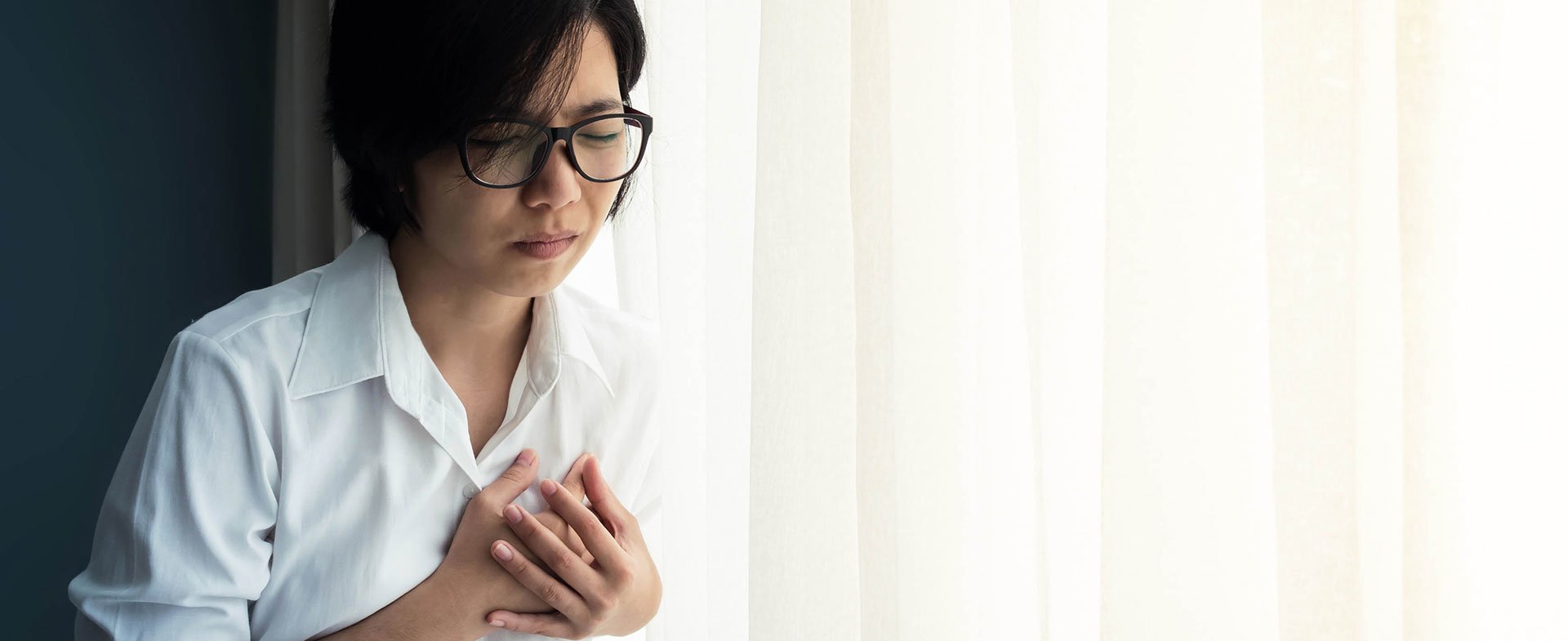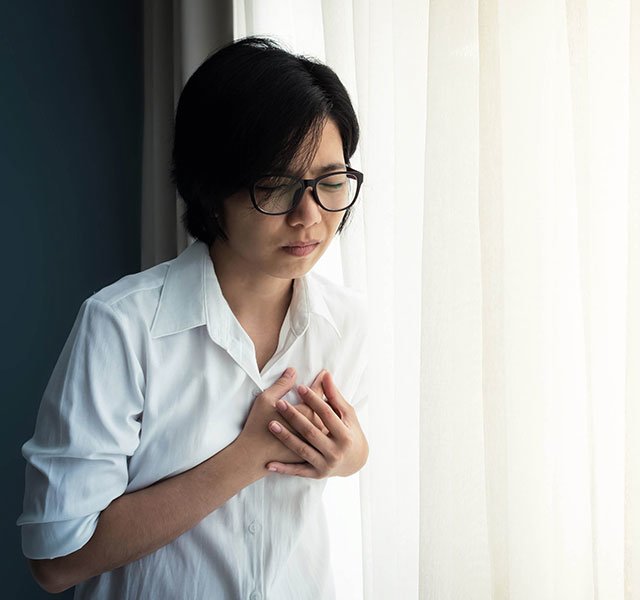A common misconception about a heart attack is that the symptoms are very painful, noticeable and impossible to ignore – the type of scene we typically see in movies or on TV where someone dramatically clutches their chest and falls to the floor. But doctors and researchers have found that vague symptoms such as nausea, dizziness or arm pain are actually more common when having a heart attack, and this is especially the case for women.
All of this is troubling considering that, according to the Centers for Disease Control and Prevention, heart disease remains the third leading cause of death for women ages 35 to 44, and it is the second leading cause of death for women ages 45 to 54.
A study published in the journal Circulation: Cardiovascular Quality and Outcomes examined why women delay getting help or ignore signs when having a heart attack.
In-depth interviews with 30 women, ages 30 to 55, who had been hospitalized after a heart attack, were conducted in the study, and the results were enlightening. It was found that many of the women had trouble even recognizing that they were having symptoms of a heart attack or, even if they suspected that they were having a heart attack, many admitted that they feared that they were overreacting or would be seen as hypochondriacs.
For a number of reasons, cardiologists like me were not surprised by the results. Women were not significantly included in clinical trials of cardiovascular disease until the late 1990’s. We simply have not been studying the patterns of heart disease in women long enough. The under-recognition of cardiovascular risk is even more common in many ethnic minorities and women with less than a college education, which only feeds the cycle of disparities in healthcare.
Consequently, the tools doctors use to identify heart disease are not always well suited for female patients and even medical professionals don’t always recognize the signs of heart attacks in women. Some in the study reported being misdiagnosed with gas or acid reflux.
Better educating women about the signs of a heart attack and what you should do if you think you may be having one are also critical.
My own research has shown that there are still 11 percent of women who cannot identify dialing 9-1-1 as the most appropriate action to take if they believe they are experiencing symptoms of a heart attack. This is simply an unacceptable number. Women are the principal drivers of healthcare. They schedule appointments and oversee medications for most, if not all, family members and sometimes this responsibility can lead to neglect of their own healthcare needs.
Here’s my advice to all women over the age of 30:
- Find a primary care doctor and complete age-appropriate screening exams.
- “Know your Numbers” (your blood pressure, glucose & cholesterol levels and weight & activity status) because these are critical factors in understanding your heart risk.
- If you have an immediate family member that has suffered a heart attack or stroke before the age of 55 (male) or 65 (female), consider consulting with a cardiologist for a complete risk assessment.
Also, watch this video from the American Heart Association, featuring actress and director Elizabeth Banks, on just how close you could be to ignoring your own potential signs of a heart attack.
How healthy is your heart? Take the heart risk quiz now. Then, schedule an appointment with your primary care provider or find a heart expert at henryford.com or by calling 1-800-HENRYFORD (436-7936).



